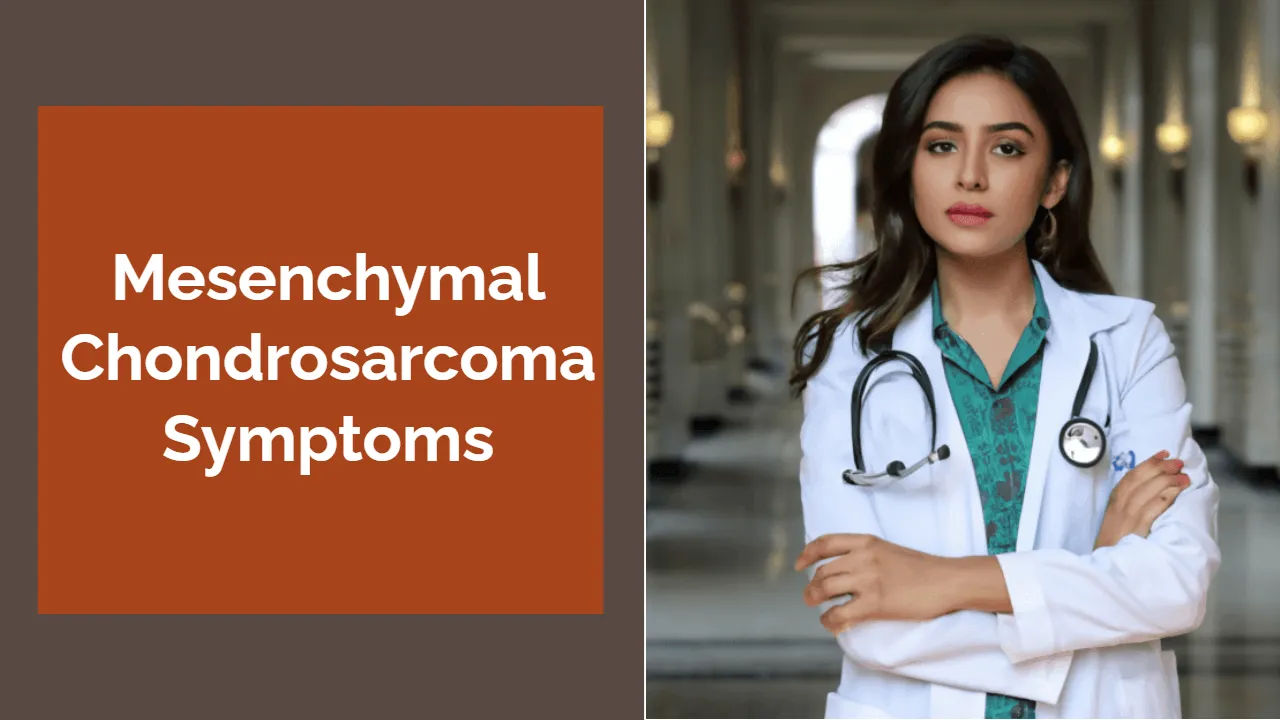Mesenchymal Chondrosarcoma: Identifying Symptoms and Seeking Prompt Care in India
Mesenchymal chondrosarcoma is a rare and aggressive cancer originating in the bone and cartilage, affecting individuals of all ages in India. While it is uncommon, its aggressive nature underscores the importance of early detection and treatment. This article aims to inform readers about the symptoms of mesenchymal chondrosarcoma, encouraging timely medical consultation.
Identifying the Symptoms:
Mesenchymal chondrosarcoma can manifest in various parts of the body, with the most frequent sites being:
- Bones: Often impacting the ribs, pelvis, spine, and long bones in the arms and legs.
- Soft Tissues: Sometimes appearing in areas like the head, neck, and heart.
The symptoms of mesenchymal chondrosarcoma can vary and often resemble those of other conditions, making diagnosis challenging. However, recognizing the potential warning signs is essential:
Common Symptoms:
- Persistent Pain: A constant, dull ache in the affected bone or surrounding area, typically intensifying at night.
- Swelling: Noticeable swelling around the affected region, which may be sensitive to touch.
- Fractures: Bone weakening, leading to fractures even with minor trauma.
- Neurological Issues: Depending on the tumor’s location, symptoms such as numbness, tingling, or limb weakness may occur.
Less Common Symptoms:
- Fatigue and Weight Loss: Unexplained fatigue and weight loss may accompany the cancer’s progression.
- Lumps and Masses: In cases involving soft tissues, palpable lumps or masses may be present.
The Significance of Early Detection and Response:
Given its aggressive nature and potential to metastasize to other organs, early diagnosis of mesenchymal chondrosarcoma is critical. If you experience any of the aforementioned symptoms, particularly persistent pain or unexplained swelling, it’s vital to consult a healthcare professional promptly.
Seeking Medical Care in India:
India has a growing network of specialized cancer centers and hospitals well-equipped to diagnose and treat mesenchymal chondrosarcoma. Your doctor may recommend a combination of imaging tests (X-rays, MRI, CT scans) and biopsies to confirm the diagnosis.
Key Points to Remember:
- Early detection significantly enhances treatment outcomes.
- Seek medical attention without delay for persistent or concerning symptoms.
- Communicate openly with your doctor about your concerns and ask questions.
While mesenchymal chondrosarcoma is a serious condition, advancements in medical science provide hope for effective treatment and management. By staying informed and proactive, individuals in India can take an active role in their health and well-being.



